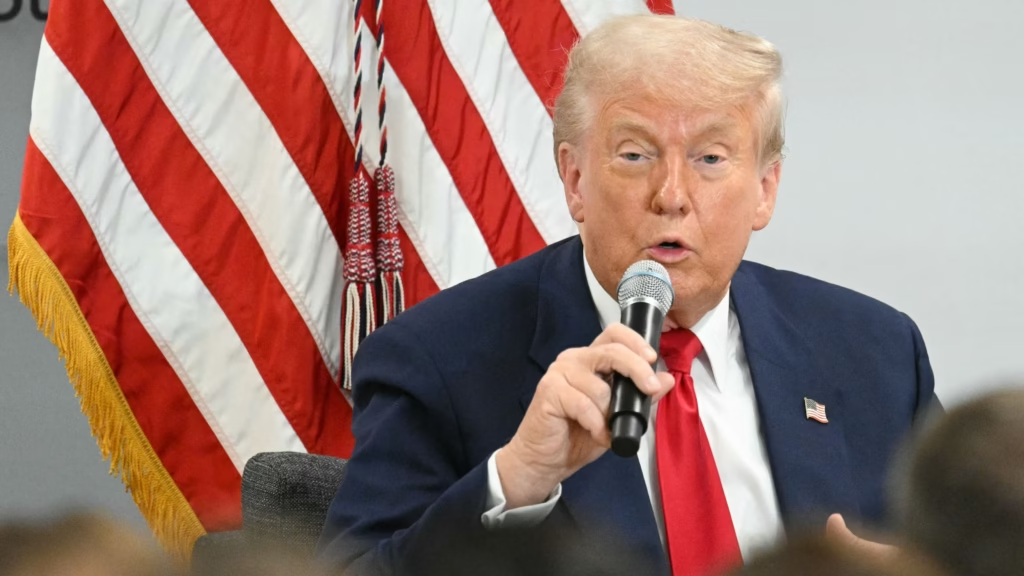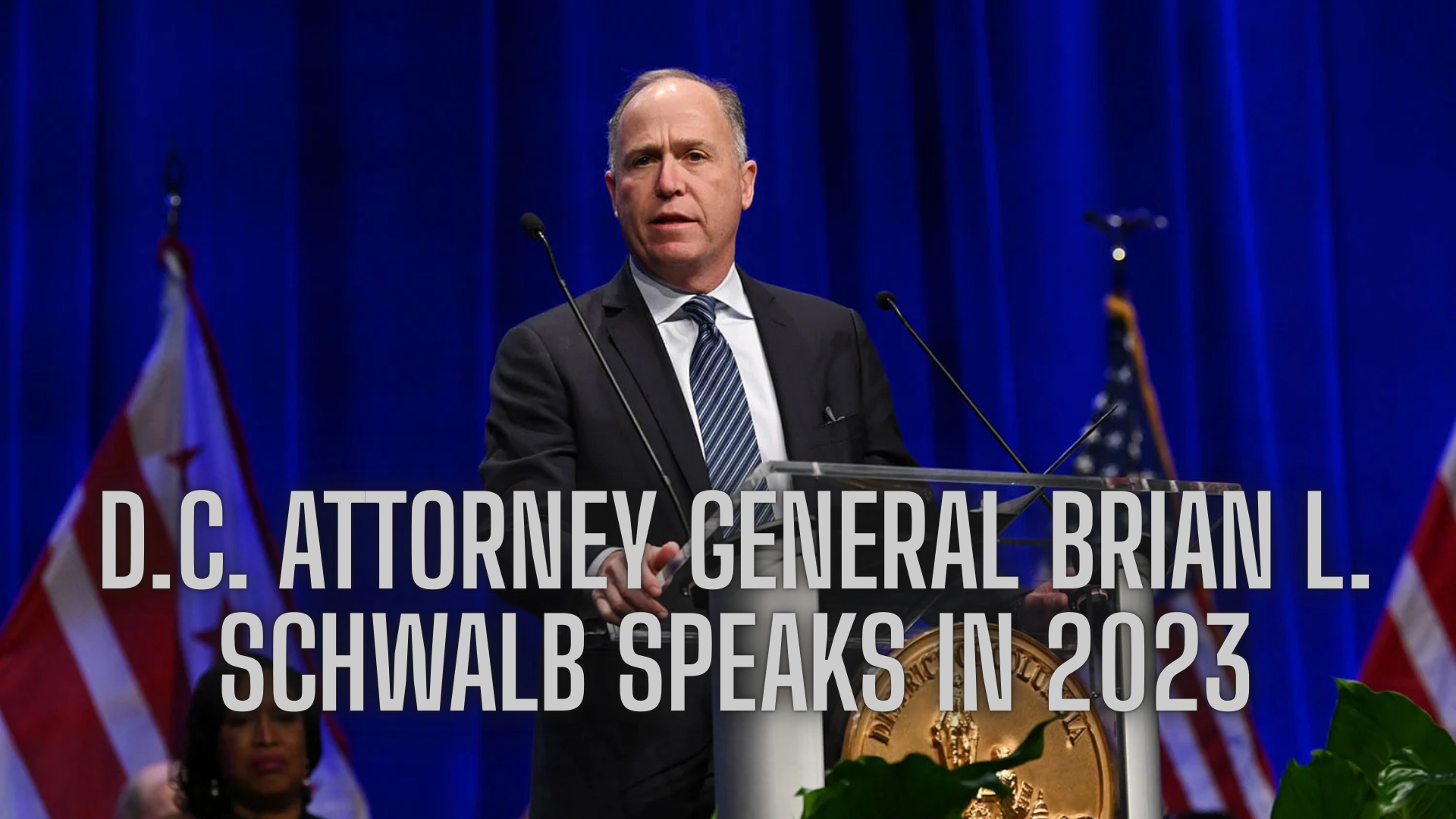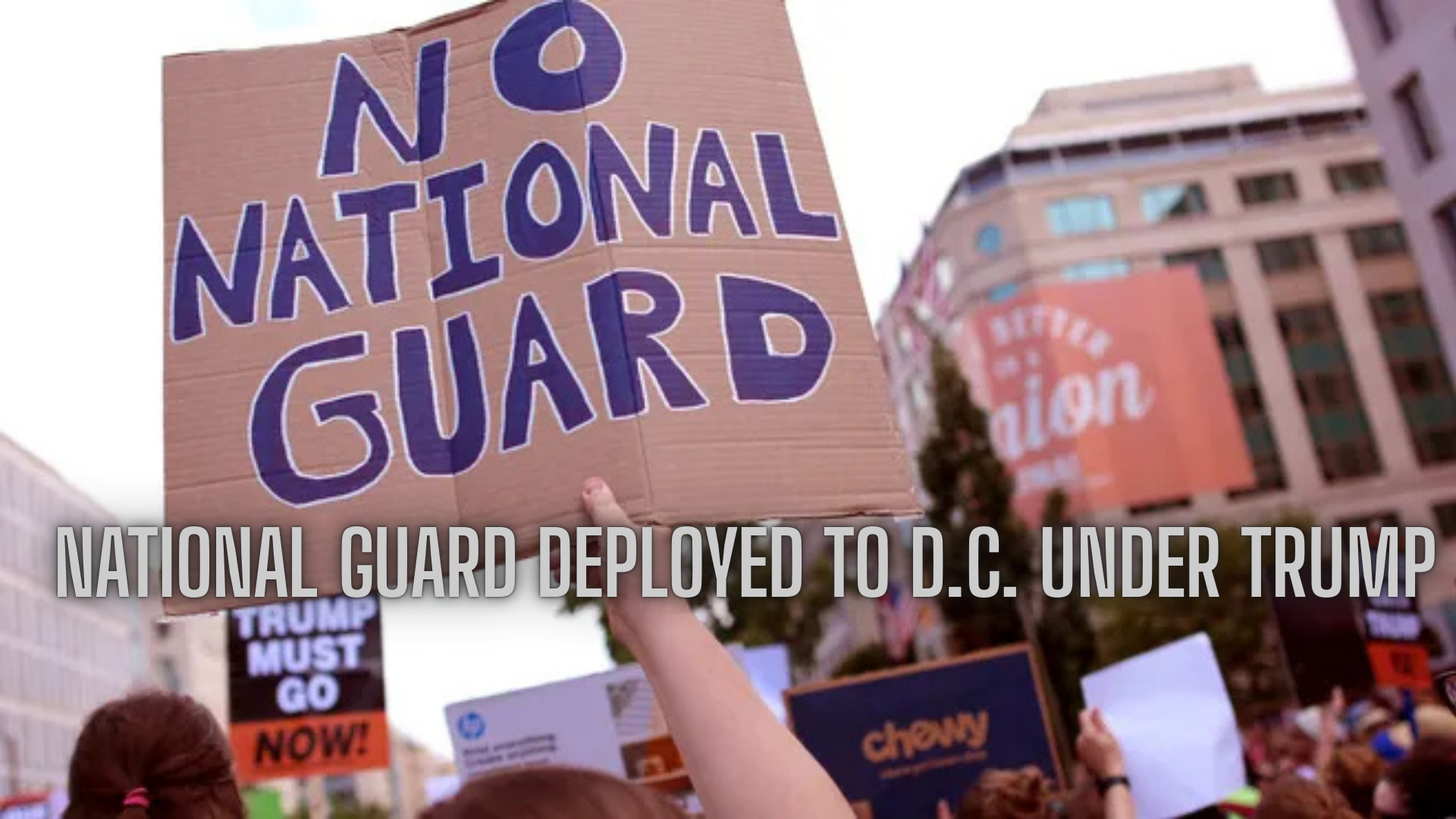TLANTA (AP) — A federal judge has struck down former President Donald Trump’s executive order aimed at overhauling the U.S. election system, siding with Democratic state attorneys general who argued the move was an unconstitutional power grab that violated the balance of federal and state authority.
Trump’s executive order, signed on March 25, sought sweeping changes to how federal elections are conducted. It would have required all voters to show documentary proof of citizenship when registering, mandated that only mail-in ballots received by Election Day be counted, and tied federal election grants to states’ compliance with these new standards.
But on Friday, U.S. District Judge Denise J. Casper in Massachusetts issued a ruling halting the order, stating plainly: “The Constitution does not grant the President any specific powers over elections.”
The court determined that the plaintiffs — a coalition of Democratic attorneys general from states including California and New York — were likely to succeed in their legal challenge. They argued that the executive order attempted to override the constitutional role of states in regulating elections and would impose substantial financial and administrative burdens on them.

“The President cannot unilaterally rewrite election laws,” Judge Casper wrote. She added that citizenship is already a requirement for voting in federal elections and that current voter registration forms already require an attestation of citizenship, under penalty of perjury.
The ruling marks the second time the courts have rejected Trump’s order. A separate federal judge in Washington, D.C., had previously blocked its provision requiring proof of citizenship for federal voter registration forms. In Friday’s broader ruling, Casper also invalidated the mandate to reject any mail-in ballots received after Election Day — a move that would have directly clashed with laws in 18 states and Puerto Rico, where ballots are accepted post-Election Day as long as they are postmarked on time.
The White House defended the order, calling it a necessary step toward “free, fair, and honest elections.” Administration lawyers argued the order would unify and streamline election processes across states, while providing federal support to enhance voter roll accuracy and prevent fraud. Justice Department attorney Bridget O’Hickey argued during the hearing that the order wasn’t a power grab but a protective measure against potential manipulation of late-arriving ballots.
But the judge was unconvinced. Casper pointed out that the U.S. Constitution gives states the authority to determine the “times, places and manner” of elections — with limited oversight by Congress, not the president. She also cited evidence from the states showing that implementing the order would have been costly, disruptive, and potentially disenfranchising.
The attorneys general who brought the case hailed the decision as a critical defense of American democracy. “Free and fair elections are the foundation of this nation, and no president has the power to steal that right from the American people,” said New York Attorney General Letitia James.
California Attorney General Rob Bonta added that Trump’s order “ignored the Constitution and the rights of voters in every state,” praising the court for blocking “a dangerous and baseless attempt to seize control over our elections.”
The ruling comes amid Trump’s continued push to question the integrity of U.S. elections — a crusade he began after falsely claiming that millions of illegal votes were cast against him in 2016, and which escalated following his 2020 loss to President Joe Biden. Despite repeated audits, court cases, and investigations showing little to no evidence of widespread voter fraud, Trump and many of his allies continue to allege that illegal voting — especially by noncitizens — is a threat to election security.
In reality, multiple studies and state-level investigations have shown that instances of noncitizen voting are exceedingly rare and often the result of honest mistakes. Casting a vote as a noncitizen is already a federal crime punishable by fines, imprisonment, and deportation.
Trump’s executive order also drew lawsuits from states like Oregon and Washington, which conduct nearly all voting by mail. In their complaint, they argued the proposed restrictions could disenfranchise hundreds of thousands of voters. Washington Secretary of State Steve Hobbs said that over 300,000 ballots were received after Election Day in the 2024 election — all of which would have been invalidated under Trump’s rules, despite being legally cast and postmarked on time.
While some Republican-led states backed the order, praising it as a crackdown on fraud, many legal experts across the political spectrum warned that it exceeded the scope of presidential authority. As Friday’s ruling affirmed, the president holds no constitutional power to dictate election procedures — a principle that has been foundational to the U.S. federal system since its inception.
The Trump campaign has not yet responded to the ruling, but legal observers expect the former president’s team to appeal. The case could ultimately reach the U.S. Supreme Court, setting up another high-stakes legal showdown over the limits of executive power and the future of American elections.
Conclusion:
Friday’s ruling is a major rebuke of Donald Trump’s attempt to unilaterally reshape federal election rules — and a strong reaffirmation of the constitutional principle that elections in the U.S. are governed by the states, not the executive branch. By blocking key provisions of the order, the court has not only protected access to the ballot box but also underscored the limits of presidential authority. While Trump and his allies may continue to push claims of voter fraud and advocate for tighter controls, this decision reinforces that election reforms must come through legislation and consensus — not executive fiat. As legal challenges continue to unfold, the ruling serves as a crucial check on power and a reminder that protecting democracy requires both vigilance and adherence to the rule of law.




Great Article